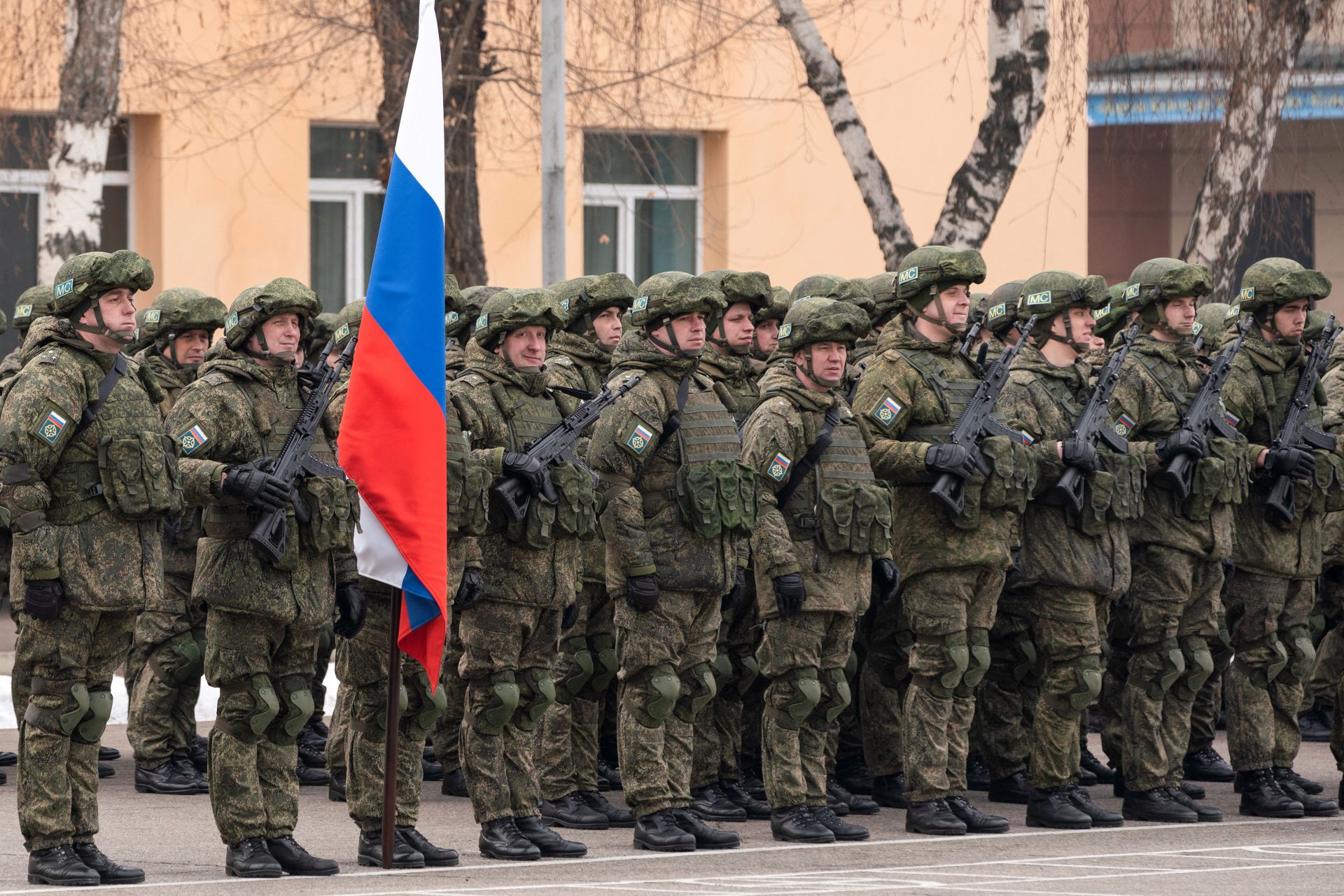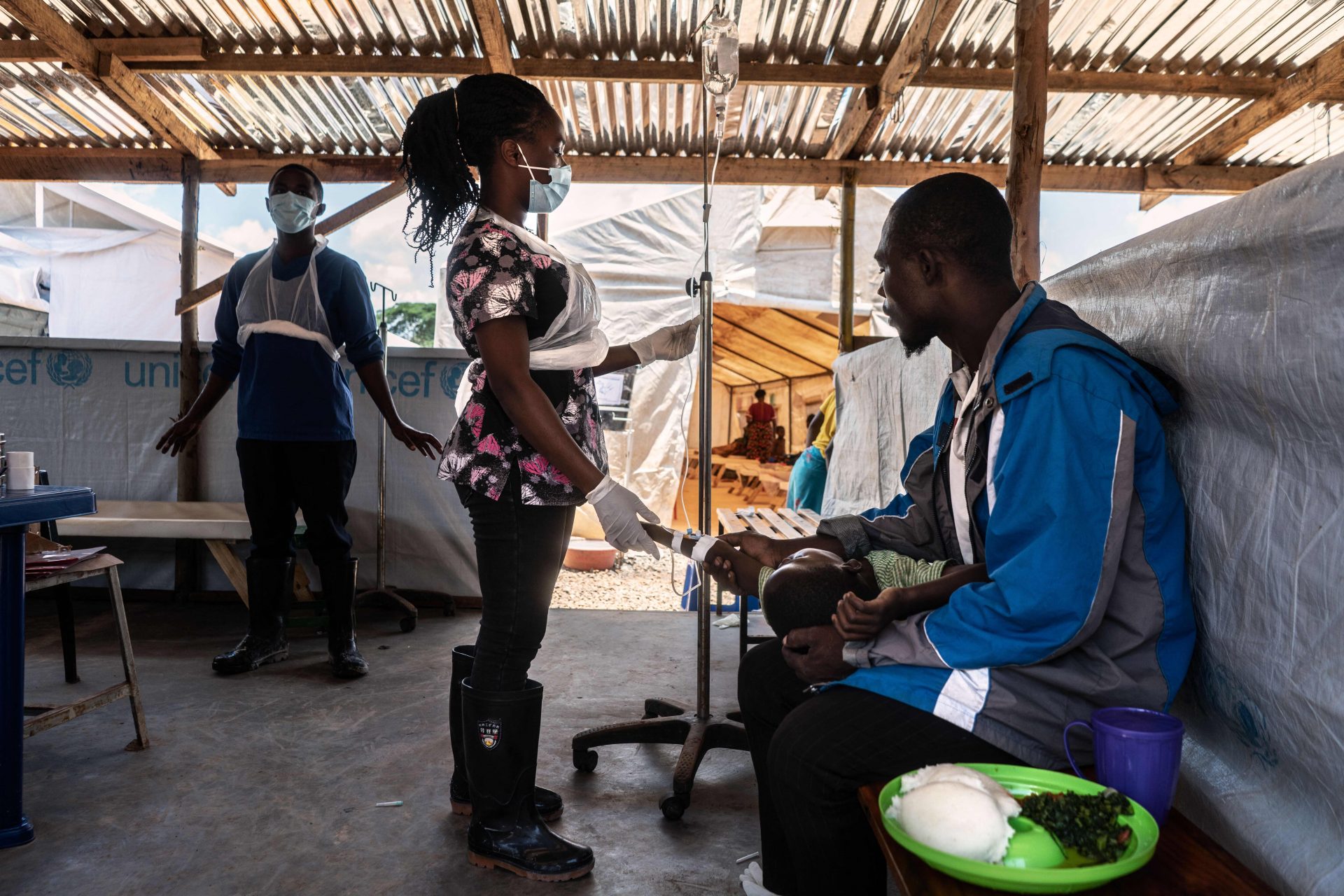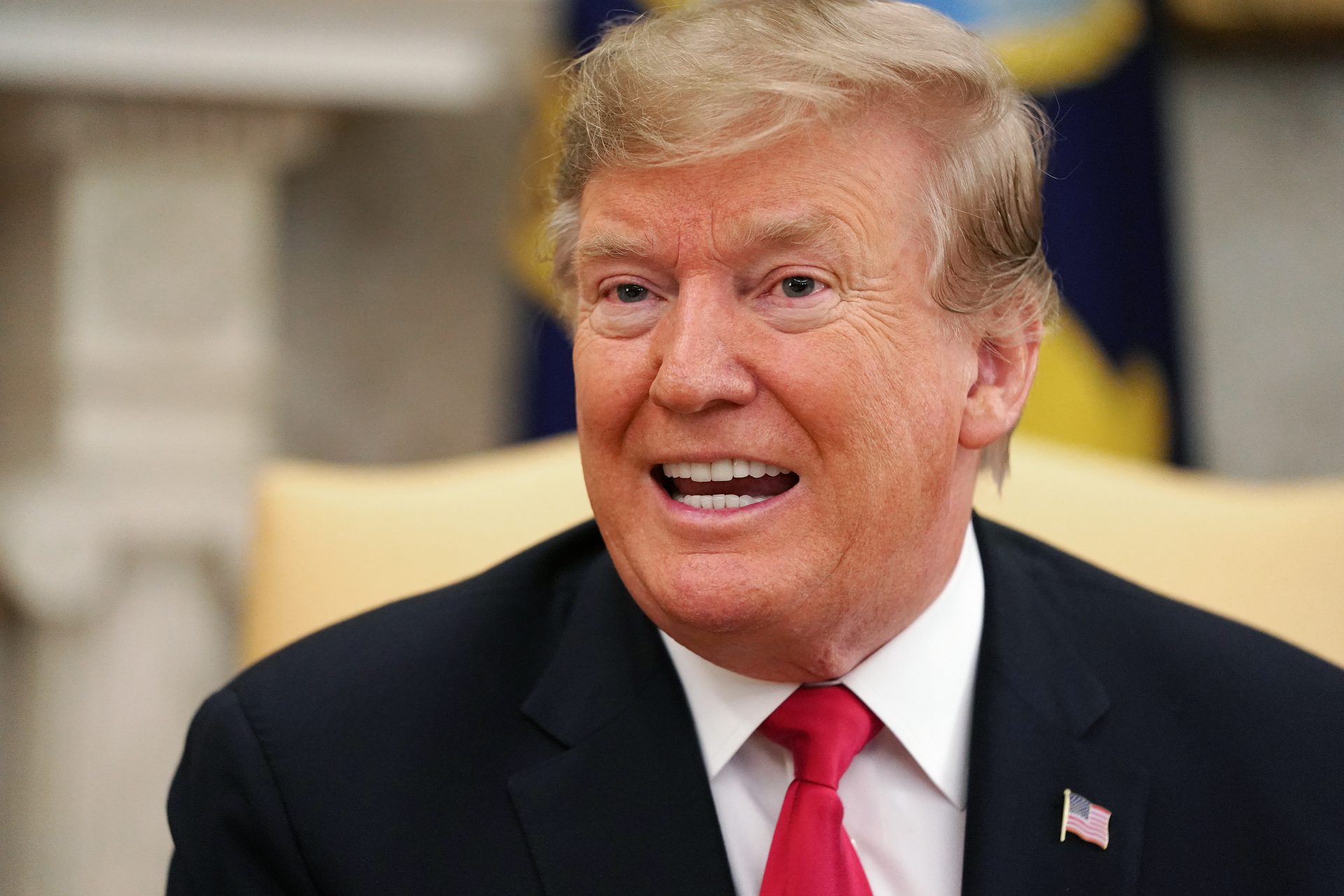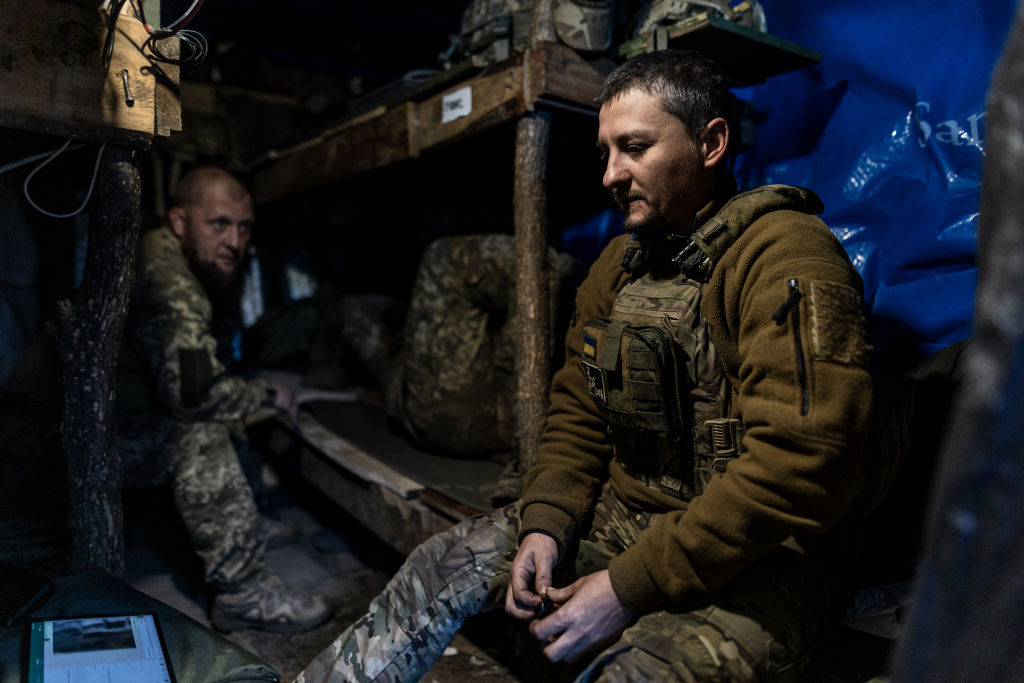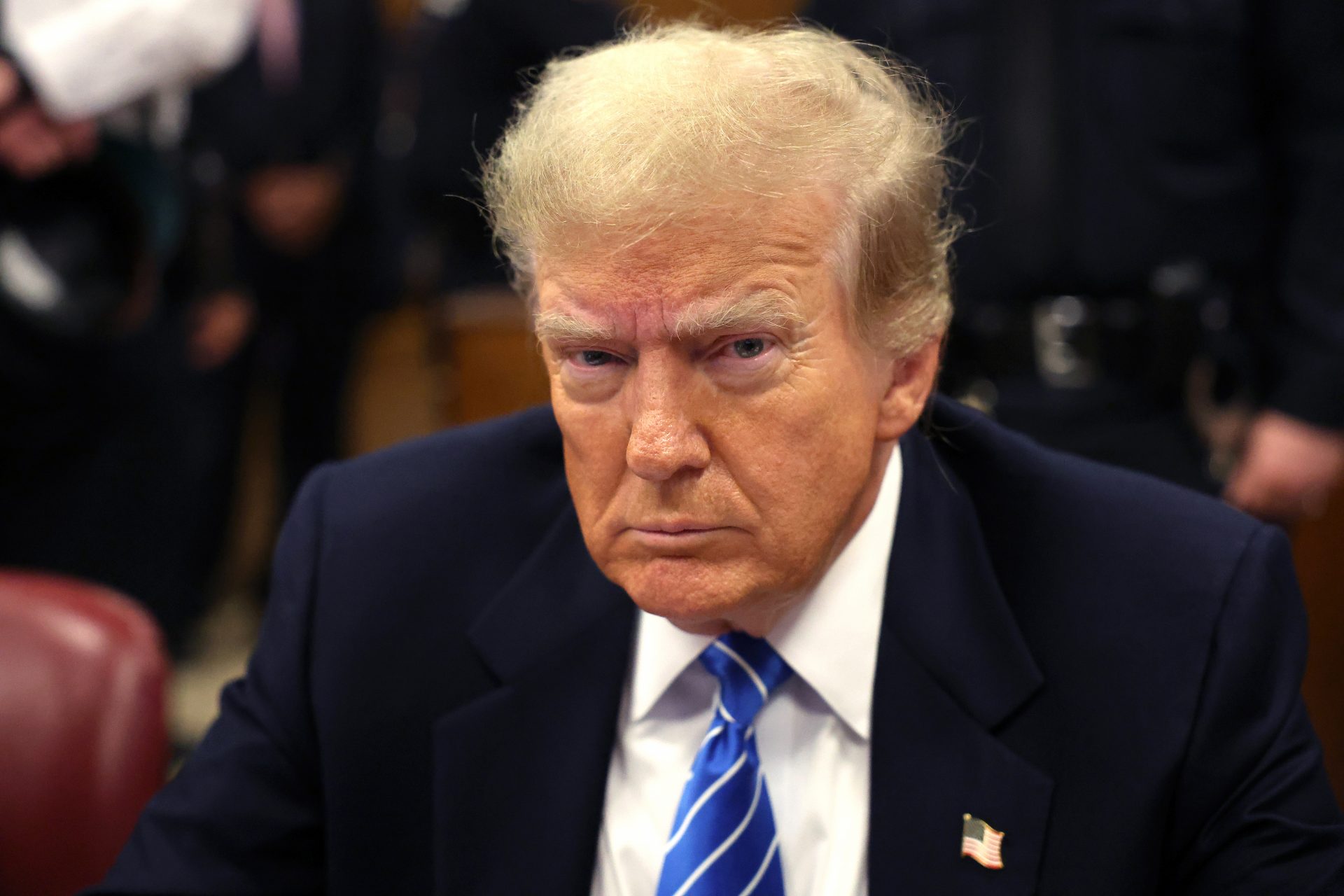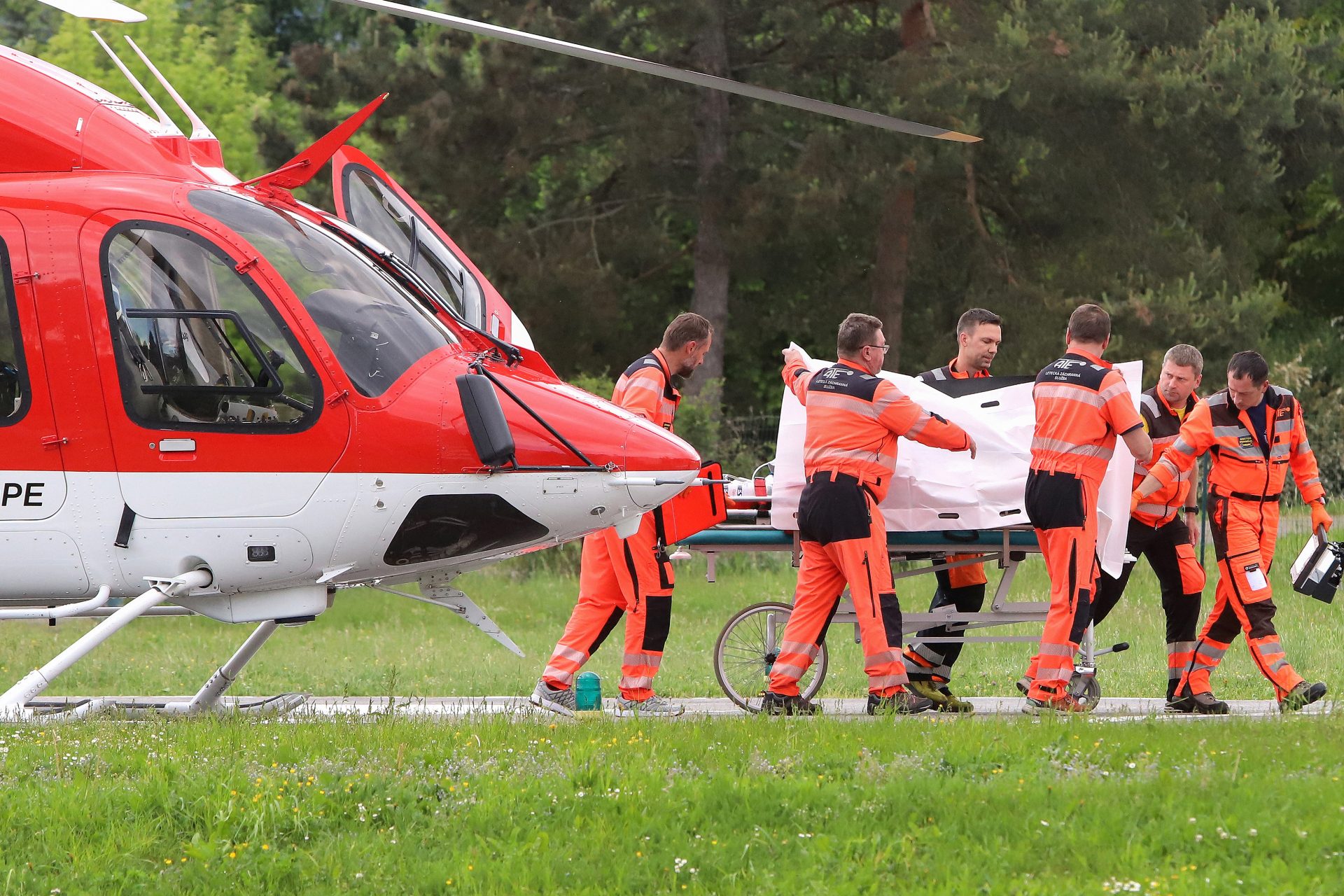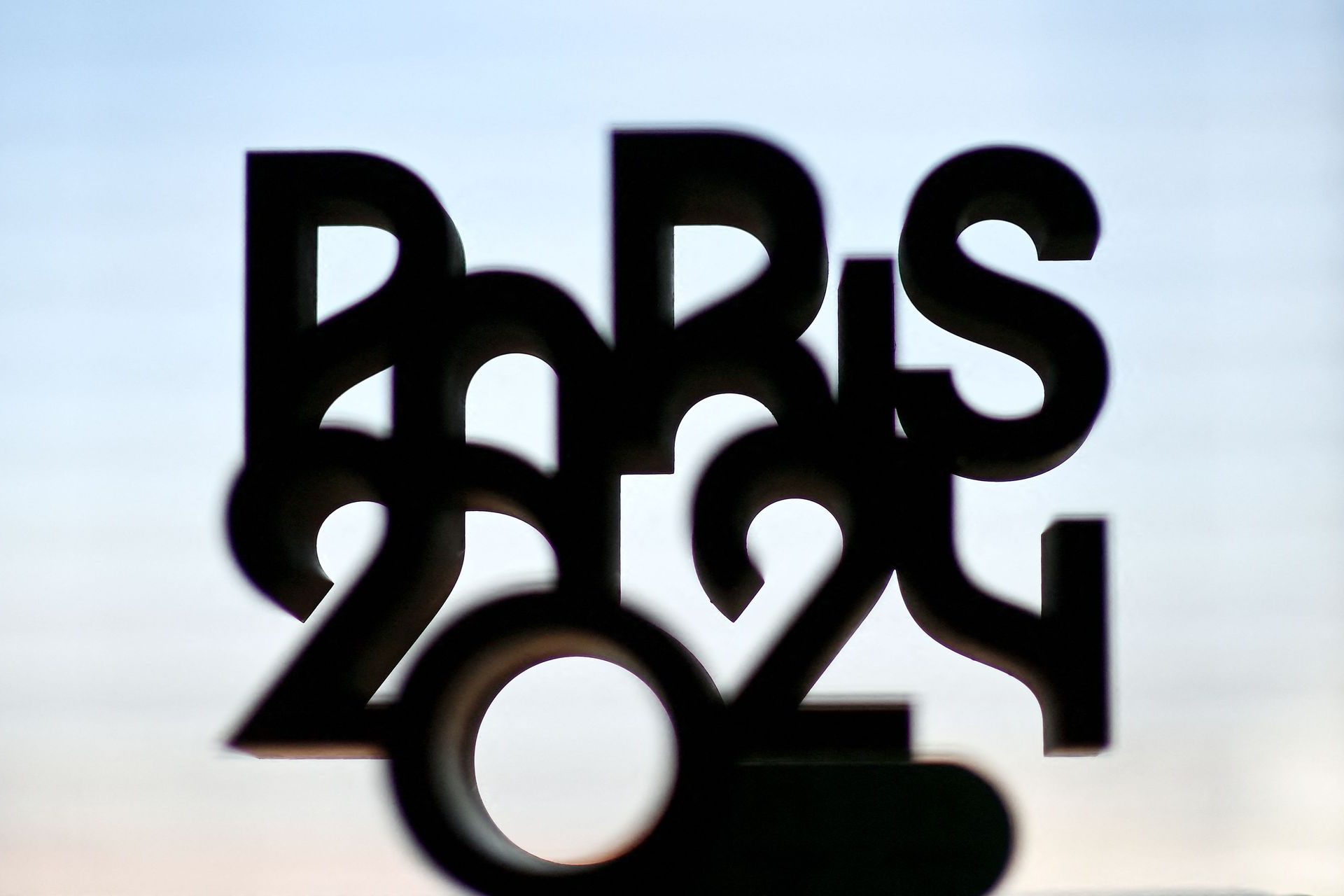End of the mask in England as COVID restrictions are being lifted
Despite the ongoing partygate scandal, Boris Johnson has returned to face the public with the news that mandatory face coverings in public places will dropped on the 26th January 2022 (coming into effect at 00:00 hours on the 27th January). Covid passports will also no longer be required.
With nearly 37 million booster vaccinations having been given to the UK public, Downing Street have confirmed the people are as prepared as they ever will be to deal with Omicron and get life back to 'normal'
Health Secretary Sajid Javid said: "we must learn to live with Covid in the same way we live with flu."
Not all will be back to normal, however, as the requirement to self-isolate should you test positive with Covid is still in place, although Johnson stated this too could change.
Photo by Medakit Ltd on Unsplash
The government will look to end the legal requirement to test positive and replace it with advice and guidance on self-isolation. The current rules surrounding isolation will expire on the 24th March so they will, in all likelihood, be erased from then on.
They will no longer be compulsory. The government has advised people to wear face coverings in enclosed or crowded spaces and when meeting strangers.
An immediate change has been the removal of face masks in classrooms for secondary school pupils from Thursday 20th January. Shortly following this, 'government guidance' will also be scrapped recommending their use in communal areas.
Photo by Mira Kireeva on Unsplash
Those who implemented the mandatory Covid passport to enter large events and nightclubs can still do do if they wish. It is, however, no longer the law from 26th January.
The Prime Minister stated, "People would no longer be advised to work from home and should discuss their return to offices with employers," according to The BBC.
Health Secretary Sajid Javid said in a word of warning that this should not be seen as 'the finish line.' It would, of course, not be possible to eliminate all risk and all variants of the Covid virus.
The Prime Minister stated that the reasons for dropping some of the restrictions put in place to tackle Omicron were because the booster rollout was working and that the people were following the measures (which were brought in on the 8th December) well.
Photo by Andy Holmes on Unsplash
Mr Johnson referred to the latest infection study by the Office for National Statistics, which, he says, reveal the infection levels decreasing in England. He stated that scientists believed "it is likely that the Omicron wave has now peaked nationally".
Photo by Chris Liverani on Unsplash
On Wednesday 20th January, the UK recorded 108,069 new cases and 359 deaths within 28 days of a positive test were recorded.
Photo by Joshua Lawrence on Unsplash
Although, due to the lag between people catching the virus and needing hospital admission has meant a 14.7% rise on admissions since last week. This is expected to decrease next week.
Photo by Amir Arabshahi on Unsplash
Pat Cullen, chief executive of the Royal College of Nursing said "We can't rely on the vaccine alone when the situation is still so precariously balanced." The Royal College of Nursing added that dropping the current restrictions would do "nothing to ease the pressure on the NHS."
Photo by Luke Jones on Unsplash
Nick Triggle, health correspondent for The BBC stated that the news comes down to a 'judgement about what is proportionate'. England is one of the best protected nations when you combine the immunity built up by vaccination and previous infection.
No, Northern Ireland will keep nightclubs closed and prohibit indoor standing events. In Wales, nightclubs will open in a week and Scotland will allow their nightclubs to open from Monday, including removing limits on indoor events.
Photo by Krys Amon on Unsplash
This sector is arguably the one which has suffered the most this pandemic and there seems to be a feeling of relief around the industry. UKHospitality have said businesses can now begin their revival and recovery.
So, many will argue this is going too quickly and restrictions are being lifted with the pandemic still at large. Others will say the current evidence shows less people will become seriously ill as the UK's history of immunity makes it one of the best protected countries. The proof will be in the pudding.
Photo by Grooveland Designs on Unsplash
More for you
Top Stories






















